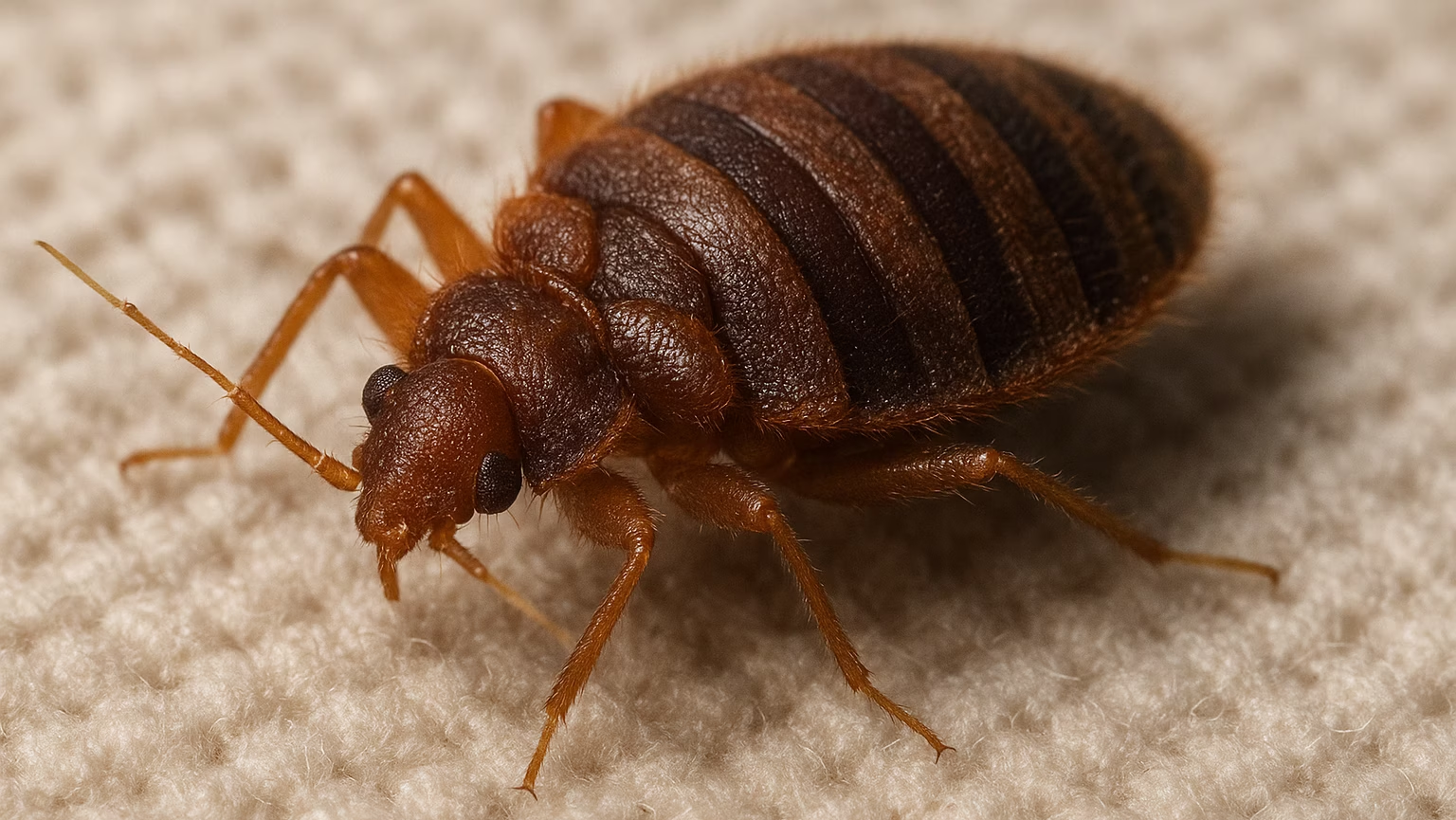Researchers from Beijing Institute of Technology and Peking University in China find high levels of harmful VOCs in new car cabins during hot summer days.
From PNAS Nexus/Beijing Institute of Technology 28/07/24

A study of volatile organic compounds (VOCs) emitted by new cars on hot summer days finds concerning levels of formaldehyde and other aldehydes.
Consumers are familiar with—and even drawn to—the “new car smell” produced as VOCs from carpets, upholstery, and other interior materials in newly manufactured passenger vehicles.
These VOCs can cause a range of health effects, including headaches, inflammation of the eyes, nose and throat, fatigue, irritability, dry cough, lung disease, and disorientation.
Jianyin Xiong, Shaodan Huang, and colleagues sought to capture the levels of VOCs in the passenger cabins of new cars on hot summer days given that climate change is increasing summer temperatures globally.
Data from several hot summer days, with outside air temperatures of 25.3 °C–46.1 °C (77.5 °F–115 °F), showed high levels of formaldehyde, acetaldehyde, and hexaldehyde.

The Chinese national concentration limit for formaldehyde in passenger vehicle cabins is 100 μg/m3.
The authors found levels in the experimental car sometimes exceeding 200 μg/m3.
The national limit for acetaldehyde is 50 μg/m3.
Levels in the experimental car could reach 140 μg/m3.
A machine learning model of the data identified material surface temperature as the most important influence on in-cabin VOC concentrations.
The authors produced a deep learning model to predict the concentrations of 12 typical VOCs in passenger vehicle cabins.
According to the authors, the model could be used for in-cabin concentration prediction and exposure assessment, which could be integrated with the control system of intelligent cars.
More info
You may also be curious about:
-

Tiny device spins blood clots away
-

Skin bacteria help protect us from sunlight
-

New brain-reading video game reduces chronic nerve pain
-

Black tea and berries could contribute to healthier aging
-

Viral mouth-taping trend ‘sus’ says Canadian sleep expert
-

New sodium fuel cell could enable electric aviation
-

The most extreme solar storm hit Earth over 14,000 years ago, scientists identify
-

Electronic face tattoo gauges mental strain
-

Solitonic superfluorescence paves way for ambient temp quantum computing
-

Cosmic mystery deepens as astronomers find object flashing in both radio waves and X-rays
-

The rotors are also the wheels on this morphobot
-

Bed bugs are most likely the first human pest, 60,000 years and counting
